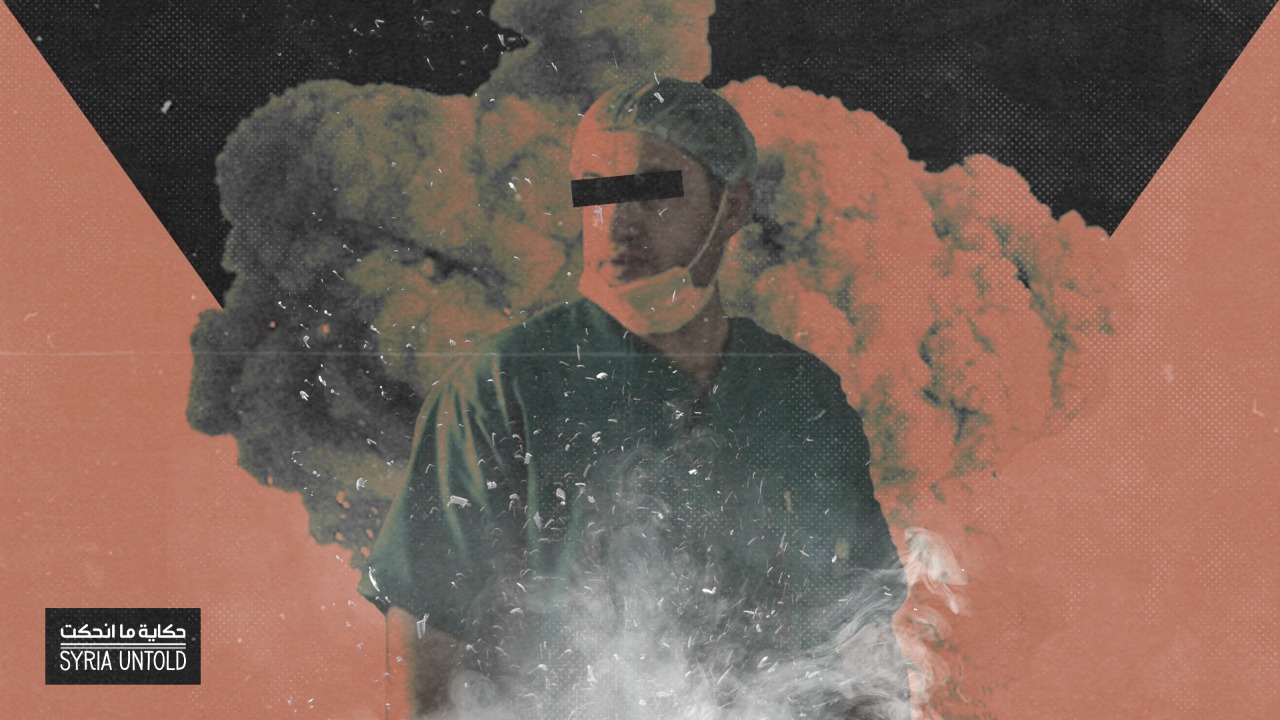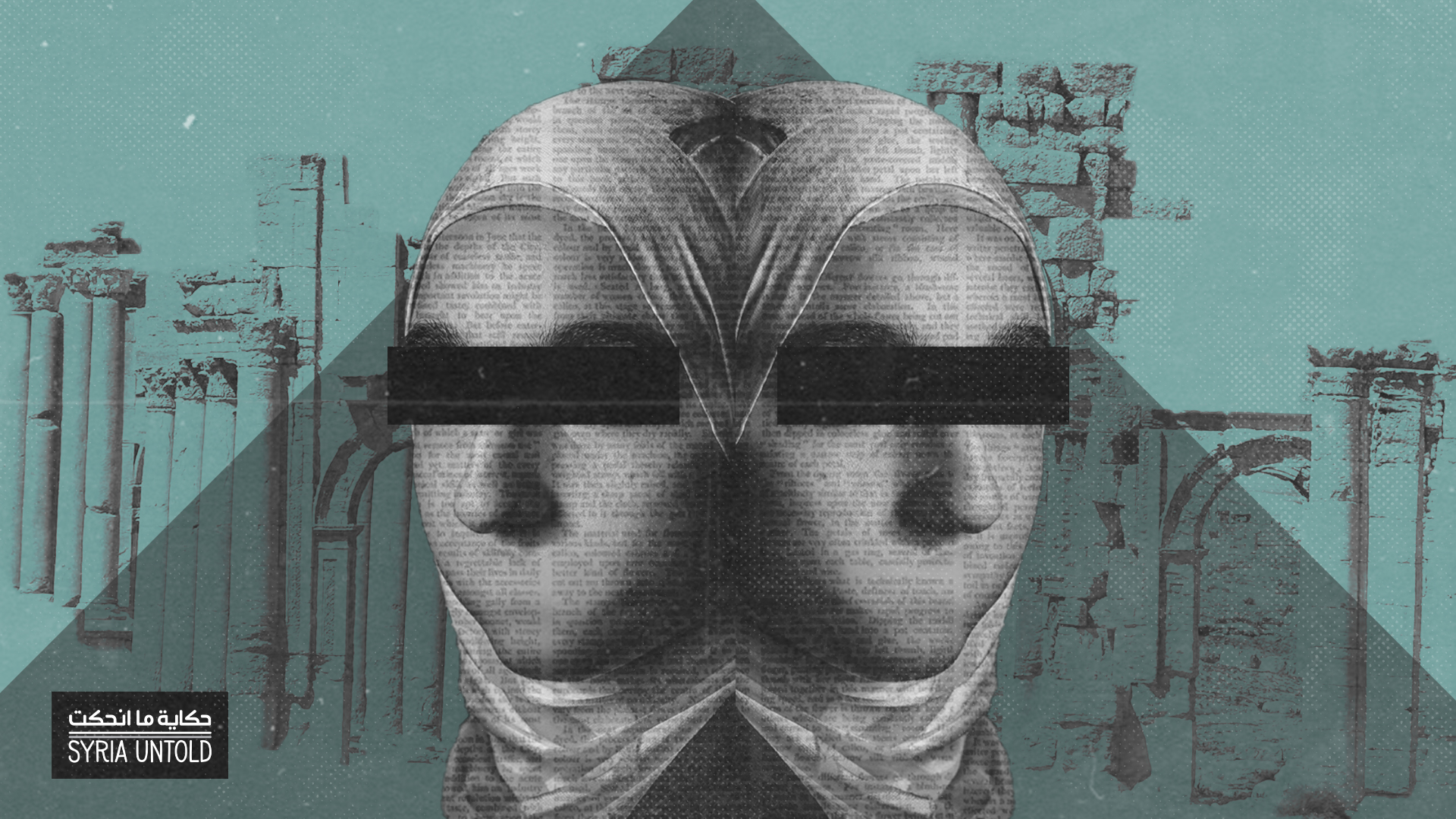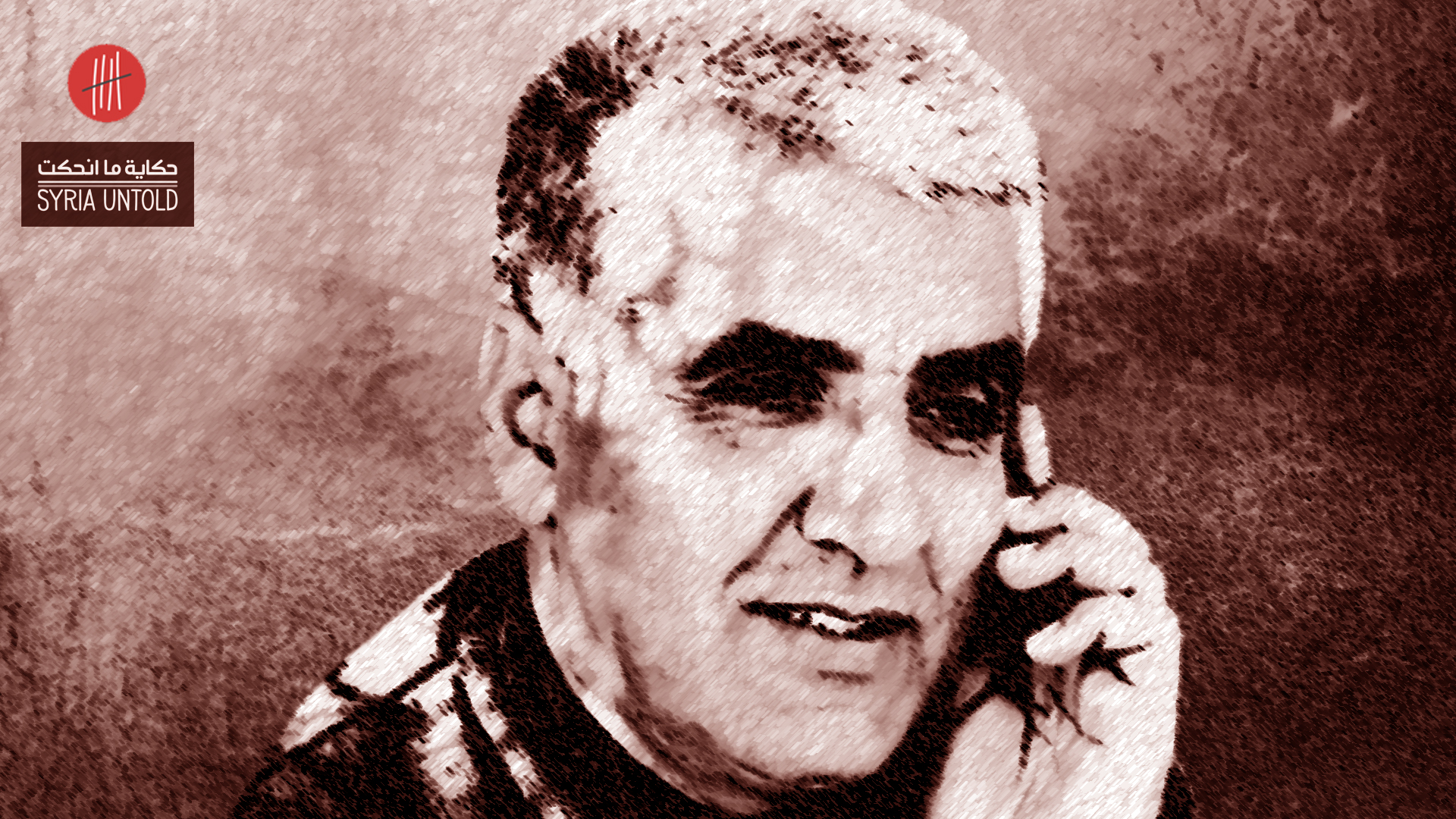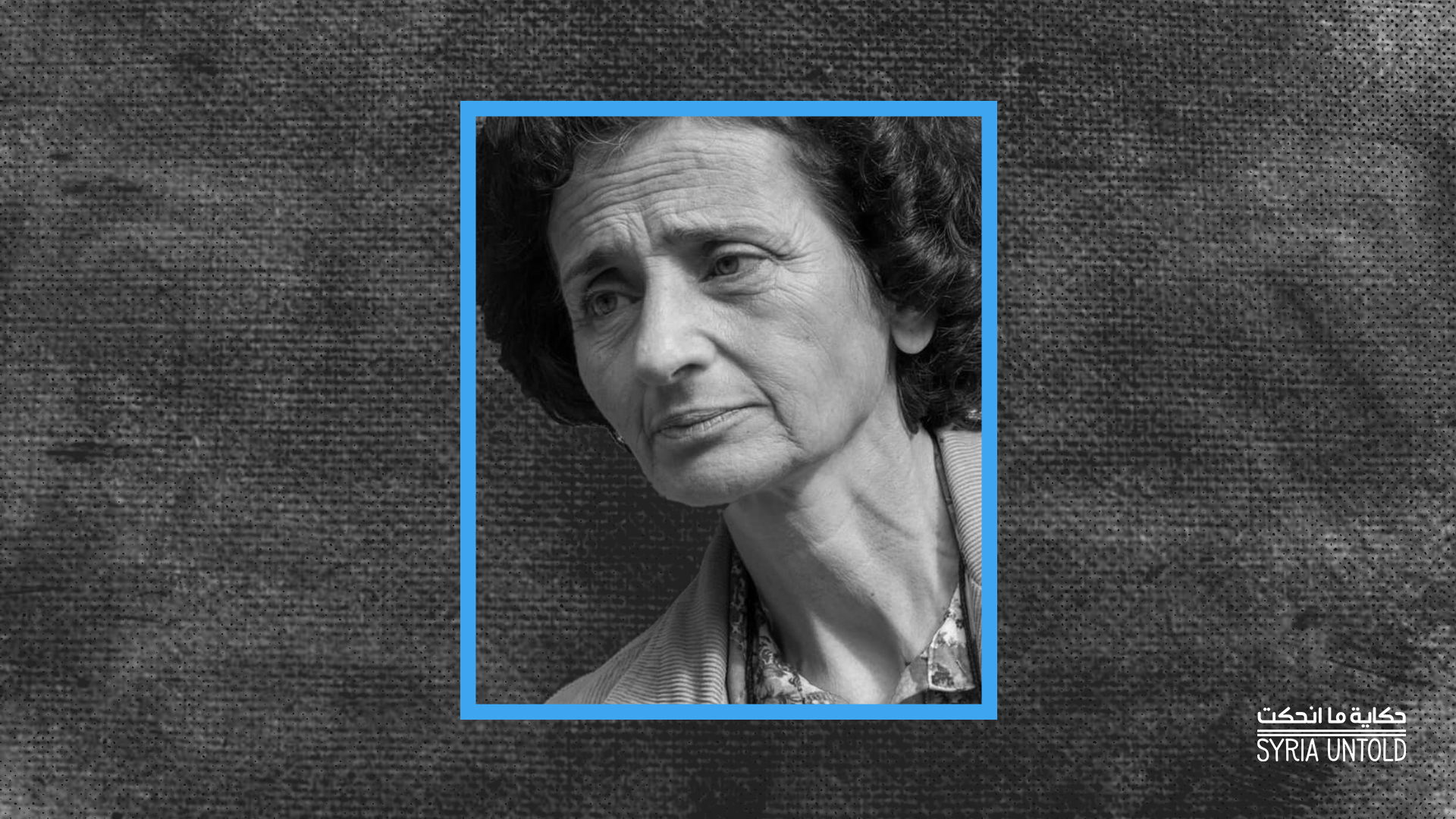Danish government says it's safe for Syrian refugees to return, but Syrians are fighting back (The National)
“Many of the Syrian migrants facing deportation from Denmark are taking to social media to share their stories.
Denmark stripped 94 refugees of their residency permits after stating in March that Damascus, the Syrian capital under control of President Bashar Al Assad's regime, and its surrounds are safe.
It was the first such assessment from any European nation.
Syrian migrants now face languishing in deportation camps in Denmark or returning to the war-torn country from which they fled.” Read more
A decade of attacks on Syria’s hospitals, and the medical workers who learned to survive
06 April 2021
‘Palmyra syndrome’: What are Syrians allowed to speak about amid war and revolution?
02 April 2021
Secrets of the Arab café (Al Jazeera)
“The stories behind four iconic cafés in Marrakesh, Cairo, Algiers and Hebron and their role in conversation and culture.
Cafés and thickly brewed Arabic coffee have often been at the heart of literary, artistic and political change in the Arab world practically from the beginning.
Arab cafés are meeting places, watering holes, smoking dens, board game venues, hubs of conversation, political chatrooms – or simply somewhere to pass the time.” Watch
In a Syrian rebel bastion, millions are trapped in murky, violent limbo (The New York Times)
“Among the millions of Syrians who fled as the government bombed their towns, destroyed their homes and killed their loved ones are 150 families squatting in a soccer stadium in the northwestern city of Idlib, sheltering in rickety tents under the stands or in the rocky courtyard.
Work is scarce and terror grips them whenever jets buzz overhead: New airstrikes could come at any time. But the fear of government retribution keeps them from returning home. More than 1,300 similar camps dot Syria’s last bastions under rebel control, eating up farmland, stretching along irrigation canals and filling lots next to apartment buildings where refugee families squat in damaged units with no windows.” Read more
Why cartoonist Riad Sattouf believes graphic novels are superior to books: 'A powerful form of expression' (The National)
“Riad Sattouf always wanted to be a cartoonist. Throughout his teenage years, he spent hours in his bedroom drawing pictures and reading comic books. The son of a Syrian father and French mother, Sattouf came to realise that his future vocation would not only describe what he did, but also define who he was.” Read more
Do you have nafas, the elusive gift that makes food taste better? (The New York Times)
“Like many words without an exact equivalent in the English language, nafas could translate to ‘breath’ or ‘spirit.’ But in the context of cooking, nafas is much more than that. It is an energy some people possess that makes their meals not only good, but exceptional.” Read more
The Syrian Armenians who fled one war zone for another (Newlines Magazine)
“When the ‘frozen’ conflict between Armenia and Azerbaijan over the disputed region of Nagorno-Karabakh broke into open fighting in fall 2020, Bekarian was one of the first to volunteer to fight on the frontlines. He had returned from the battlefield for rest and recuperation when Armenia’s prime minister, Nikol Pashinyan, announced the country’s capitulation. Now Bekarian is back tending bar at Liberty Pub in Yerevan, adjusting to peacetime life for the second time.” Read more
The sailor living alone on an abandoned cargo ship (BBC)
“For the past four years, Mohammed Aisha has been living on an abandoned cargo ship. In recent months, he's been completely alone.
The number of abandoned crews is on the rise, according to Lloyd's List, leaving seafarers in precarious situations.
The BBC’s Paul Adams has been in touch with Mohammed for weeks, learning about his isolated, off-shore life.” Watch
Syria: Government stealing opponents’ land (Human Rights Watch)
“According to the Syrian Network for Human Rights, the authorities in Hama and Idlib seized at least 440,000 dunums (44,000 hectares) of agricultural land following the government takeover of the area from dissident groups.
Human Rights Watch interviewed six people, five of whom said that the Syrian authorities had seized land they or their immediate relatives owned in Idlib or Hama governorates without notice or compensation, between March and November 2020. The confiscations occurred after they fled the 10-month-long Syrian-Russian military alliance’s offensive on Northwest Syria in 2019.” Read more







